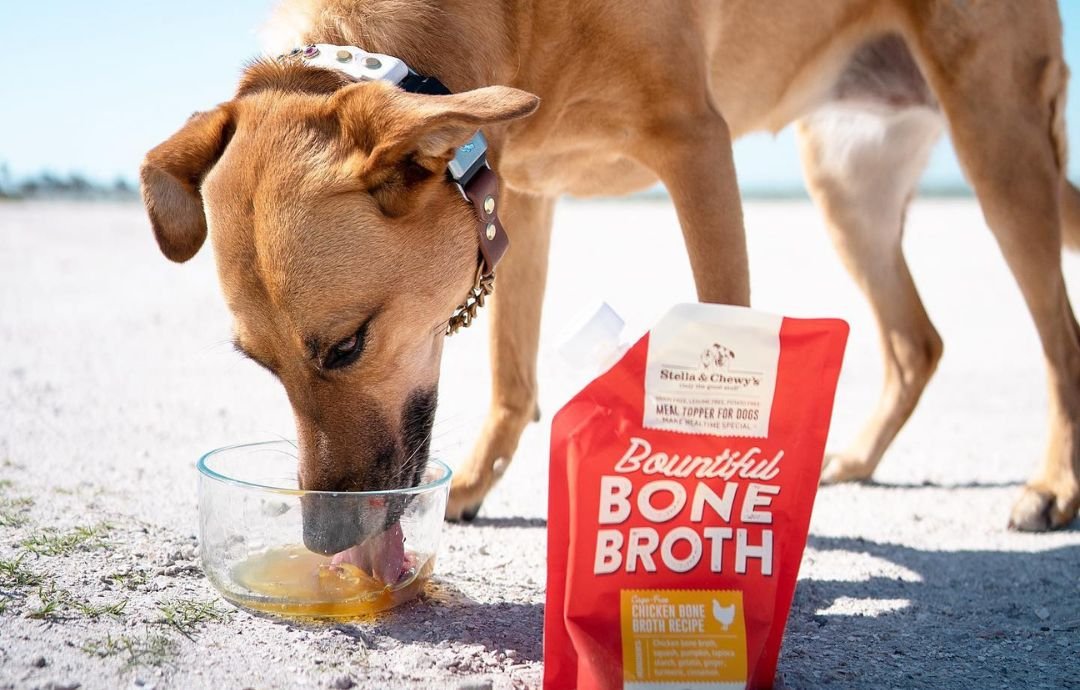Choosing the best dog food for your pet is one of the most important decisions you can make as a responsible pet owner. A balanced diet not only keeps your dog healthy and energized but also plays a significant role in their longevity and overall well-being. With so many dog food options on the market, it can be overwhelming to know which one is right for your pet. In this post, we’ll guide you through the process of selecting the best dog food to meet your dog’s unique needs.

Understand Your Dog’s Nutritional Needs
The first step in choosing the best dog food is understanding your pet’s nutritional needs. Dogs, like humans, require a well-balanced diet that includes protein, fat, carbohydrates, vitamins, and minerals. However, the exact nutritional requirements can vary based on factors such as your dog’s age, size, activity level, and health conditions.
1. Puppies: Puppies require food that is higher in calories and protein to support their rapid growth and development. Look for puppy-formulated food that has higher levels of DHA, an omega-3 fatty acid that supports brain and eye development.
2. Adult Dogs: Adult dogs need a balanced diet that helps maintain their muscle mass, energy levels, and overall health. Ensure the food has the right balance of protein, fat, and carbohydrates, tailored to your dog’s size and activity level.
3. Senior Dogs: Older dogs often have different nutritional needs, with a focus on joint health, weight management, and digestion. Look for senior dog food with added glucosamine and chondroitin for joint health, and ensure it’s lower in calories to prevent weight gain.
Choose the Right Protein Source
Protein is the cornerstone of any dog’s diet. Dogs are carnivores, so they require protein to support their muscles, skin, coat, and immune system. When selecting dog food, always look for high-quality animal-based proteins as the primary ingredient, such as chicken, beef, lamb, or fish.
Be sure to choose a food that lists the protein source first on the ingredient label. Avoid foods that list generic terms like “meat” or “by-products” without specifying the source of the protein. These can be lower-quality protein sources that may not provide the essential amino acids your dog needs.
Check the Ingredient List
Reading the ingredient list is essential when choosing the best dog food. The first few ingredients should primarily consist of high-quality proteins, followed by vegetables, grains, and healthy fats. Some key ingredients to look for in high-quality dog food include:
- Whole grains like brown rice, oats, or barley for energy and fiber.
- Fruits and vegetables such as sweet potatoes, carrots, and peas for vitamins, minerals, and antioxidants.
- Healthy fats like chicken fat, flaxseed, and fish oil to support a shiny coat and healthy skin.
Avoid foods that contain excessive fillers like corn, soy, and wheat, as these are often used to bulk up the food without providing much nutritional value. Also, steer clear of foods with artificial colors, flavors, or preservatives, as they can cause health issues over time.
Consider Special Dietary Needs
Some dogs may have special dietary needs due to allergies, sensitivities, or health conditions. If your dog suffers from food allergies, look for hypoallergenic dog food or limited-ingredient diets. These formulas often contain a single protein source and fewer ingredients, which can help reduce the risk of triggering allergic reactions.
If your dog has digestive issues, consider food designed for sensitive stomachs or food that’s easier to digest, such as food with prebiotics and probiotics. For overweight or obese dogs, there are weight management formulas that are lower in calories but still packed with nutrients to support healthy weight loss.
Consult Your Veterinarian
When in doubt, always consult your veterinarian when choosing dog food. Your vet can help guide you in selecting the best food based on your dog’s age, breed, size, and any specific health issues they may have. If your dog has chronic health issues, such as kidney disease or diabetes, your vet can recommend prescription diets formulated to address these conditions.
It’s also important to check with your vet if you’re switching your dog’s food. They can advise on how to transition slowly to the new food to prevent digestive upset.
Conclusion
Choosing the best dog food for your pet requires careful consideration of your dog’s nutritional needs, the quality of ingredients, and any special dietary requirements. By focusing on high-quality proteins, whole grains, and healthy fats, you can provide your dog with a balanced, nutritious diet. Always read the ingredient list and consult with your vet for personalized recommendations. With the right dog food, you’ll be helping your pet live a long, healthy, and happy life.











